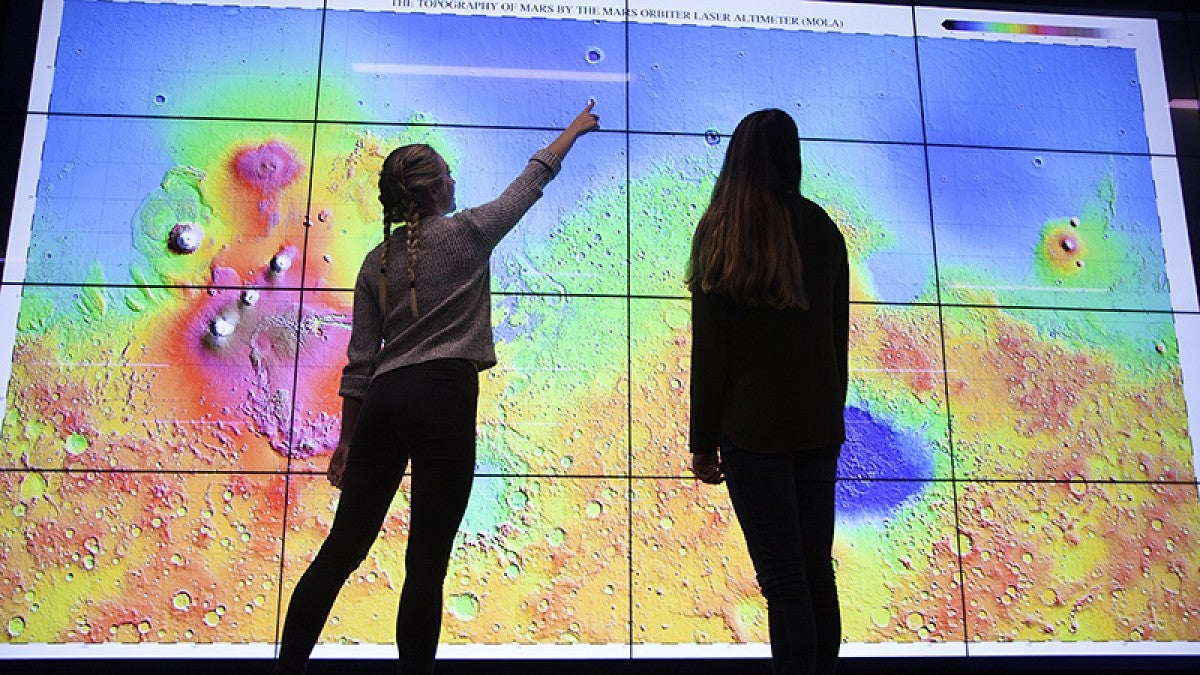Five University of Oregon faculty members received prestigious National Science Foundation Career Awards this academic year.
The awards fund research and education activities for five consecutive years and help identify early career faculty members poised to become leaders in their fields. The foundation grants the awards once a year and they are among the most competitive grants awarded by the agency.
This year’s awardees include:
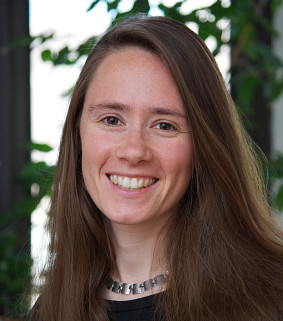
She engages students in her research through an interactive course for undergraduates and a graduate workshop promoting diverse collaborations. Through a collaboration with curators at Oregon's Jordan Schnitzer Museum of Art, she is organizing exhibits for the broader community.
“I look forward to introducing a much wider audience to topics motivating my work.” Eischen said. “My research area is beautiful and elegant, but it is among the most inaccessible areas of mathematics.”
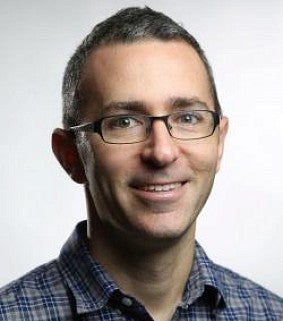
he is working to identify how the brain creates and stores memories. Specifically, he wants to understand how memories are represented in distributed patterns of activity in a part of the brain called the parietal cortex.
“This Career award will allow me to pursue important, unresolved questions about the neural mechanisms that guide memory while also providing a fantastic opportunity to bring some of the core STEM-related ideas to local primary school students,” Kuhl said, referencing the science, technology, engineering and math subjects. “Thus, the award will have impact across many levels.”
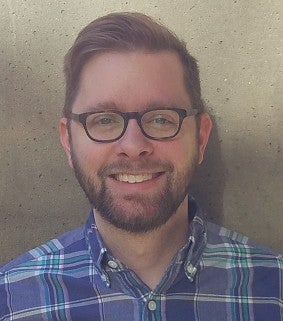
He is establishing a simplified method of analyzing complex molecules, such as proteins, using mass spectrometry.
Using themes drawn from this research, Prell is creating a one-credit course to help students improve their science communication skills. Students in the course develop "elevator talks" for communicating their research to broad audiences, lead middle school outreach modules and prepare to present their own work at an extramural conference.
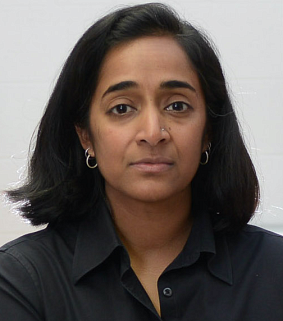
She is working to understand a genetic exchange that takes place during meiosis, a specialized form of cell division required for producing gametes — sperm and eggs in humans. This genetic exchange, called recombination, varies from individual to individual, from population to population and from species to species.
Using fruit flies as a model system, Singh wants to understand the extent of this variation and its effect on evolution. Part of her educational plan is to create an integrated framework for recruiting, supporting and retaining underrepresented undergraduate and graduate students in STEM disciplines.
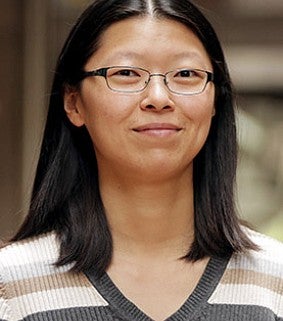
These materials form too quickly for traditional measurement methods, so Wong has developed a specialized laser system that is capable of tracking rapid changes. This is a valuable real-time diagnostic tool for understanding material synthesis.
“The scientific and outreach activities that I will be able to pursue using the Career Award will form the foundation for the rest of my career.” Wong said. “I'm truly grateful to the NSF for giving my lab the opportunity to continue pursuing our work.”
According to the National Science Foundation, Career Awards support early career faculty who “have the potential to serve as academic role models in research and education and to lead advances in the mission of their department or organization.” Career projects should “build a firm foundation for a lifetime of leadership in integrating education and research.”
“Career Awards are the National Science Foundation’s most prestigious awards in support of junior faculty,” said David Conover, vice president for research and innovation. “Awardees exemplify the highest role of teacher-scholars through the integration of education and research. I am so excited to see our faculty recognized for the exceptional work they do, especially with a competitive award such as the NSF Career.”


